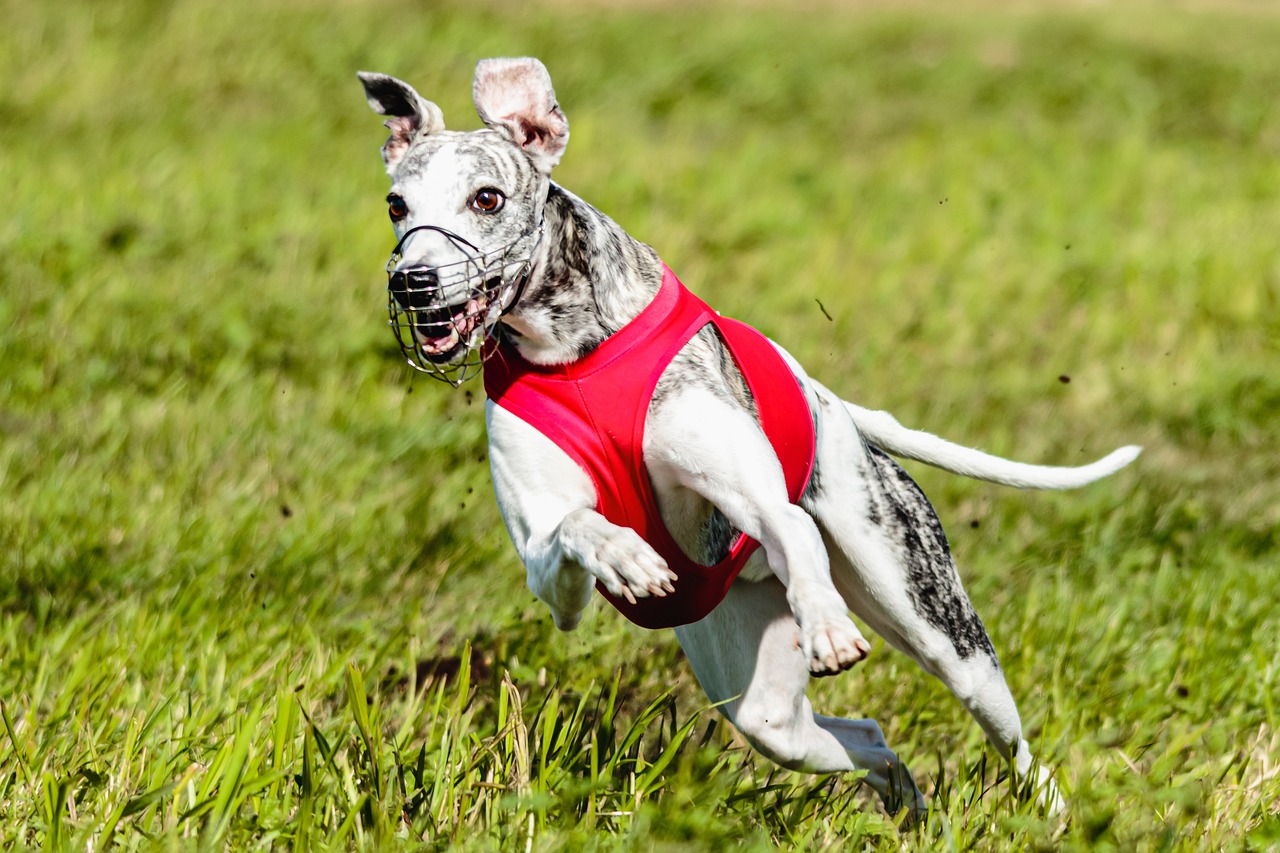If your dog starts acting strange, it’s natural to feel concerned. Whether they’re suddenly afraid of their own shadow or hiding under the bed at every sound, it’s always a good idea to call your vet. While it’s true that dogs can act strange for many reasons, some of which are harmless, it’s important to investigate any changes in behavior. Although not every change in behavior is a sign of illness, it’s better to err on the side of caution and seek medical attention if you’re unsure.
Dogs are inherently social creatures, and their bond with humans has developed and thrived over thousands of years. They have had a profound impact on our lives, just as we have on theirs. Through deliberate and unintentional selective breeding, we have transformed wild canines into loyal companions. This transformation was made possible because dogs, like humans, rely on companionship and social bonding for their overall well-being, health, and survival. Social bonding is as essential to their quality of life as basic necessities such as food, water, and shelter.
The absence of social interaction can have detrimental effects on dogs. It can lead to physical distress, as isolation or a lack of social bonding can weaken their immune system, making them more susceptible to illnesses. Loneliness can also cause dogs to neglect their own self-care, resulting in a failure to eat or drink adequately. Even when provided with food and water, they may not show interest, leading to weakness and poor health.
Furthermore, dogs experience emotional distress when deprived of companionship with both humans and other animals. This is true for both puppies and adult dogs. Similar to how a baby animal calls out to its mother, a dog tied alone in the backyard may whine as a distress call, longing for the return of their loved ones. Dogs often develop separation anxiety when isolated and abandoned, yearning for the comfort and security of being together with their human family.

